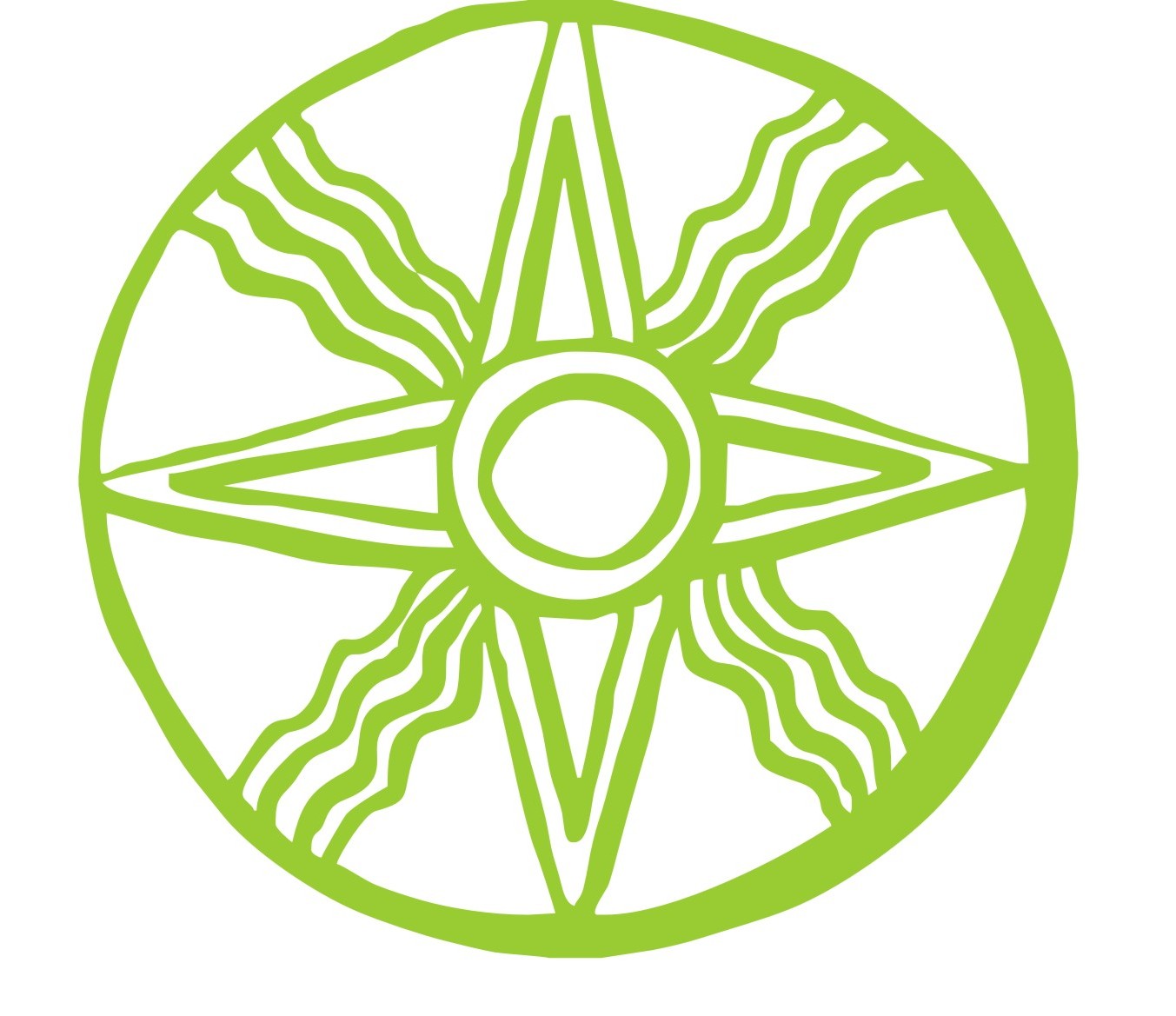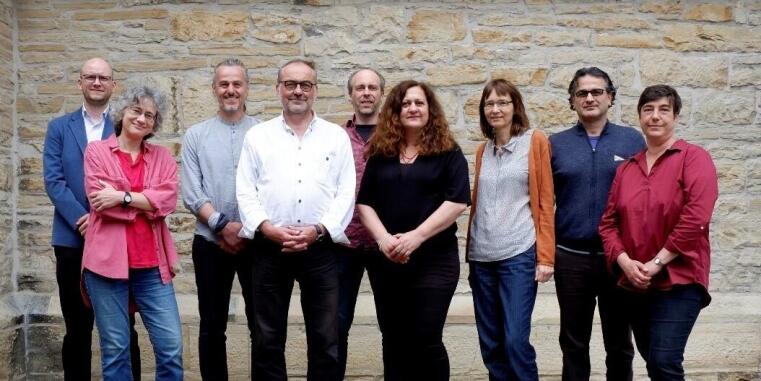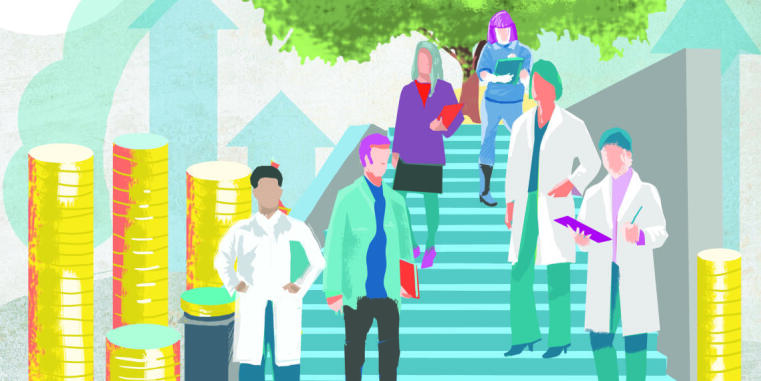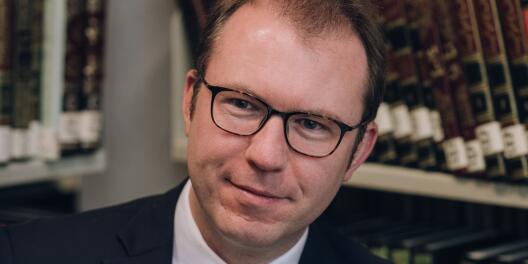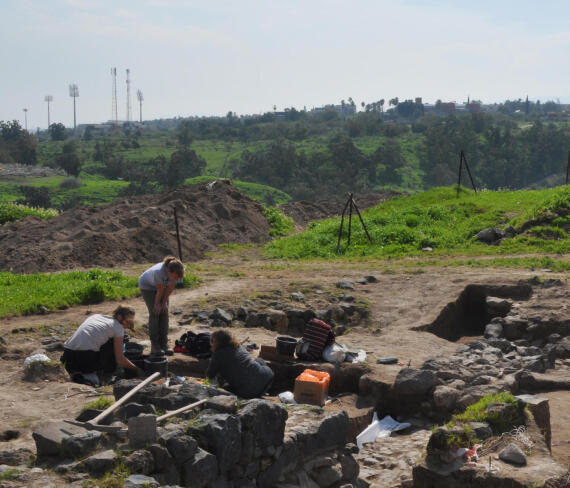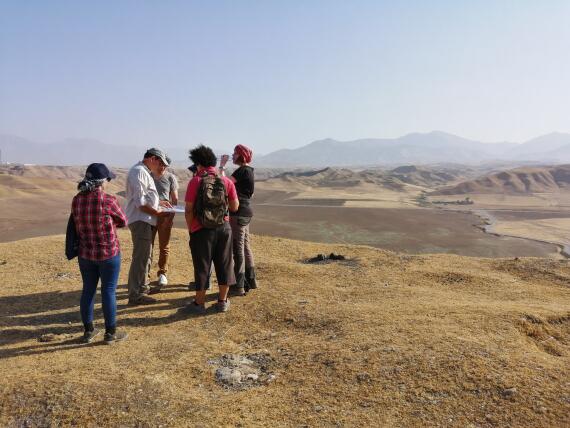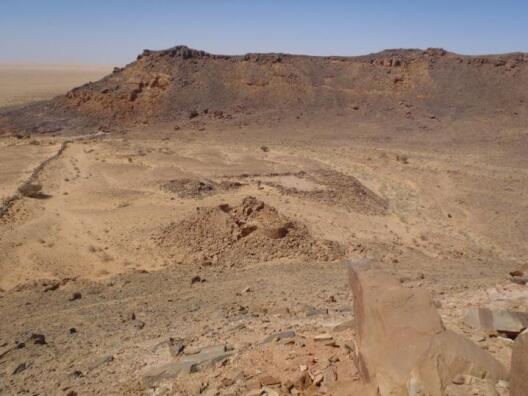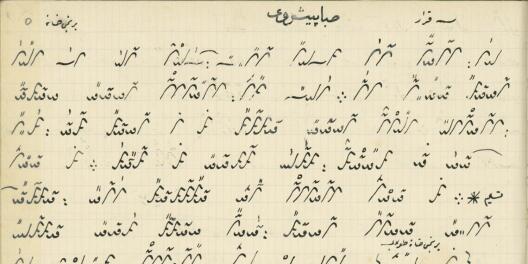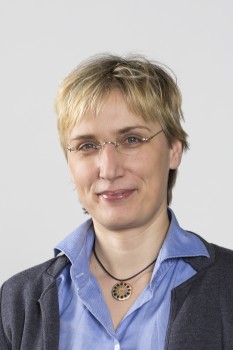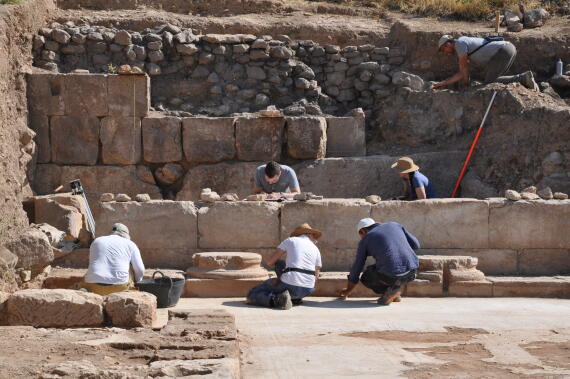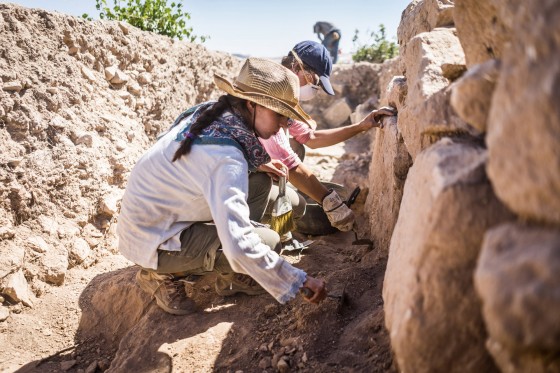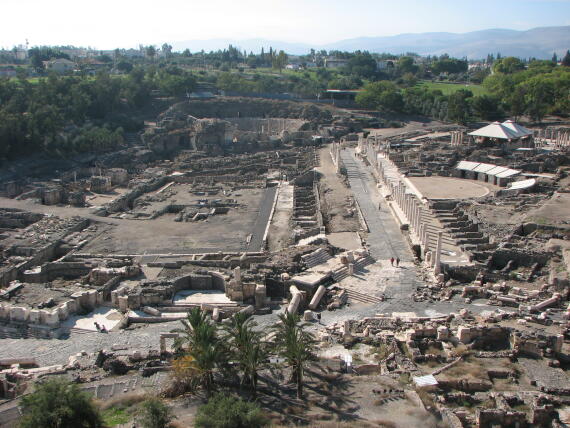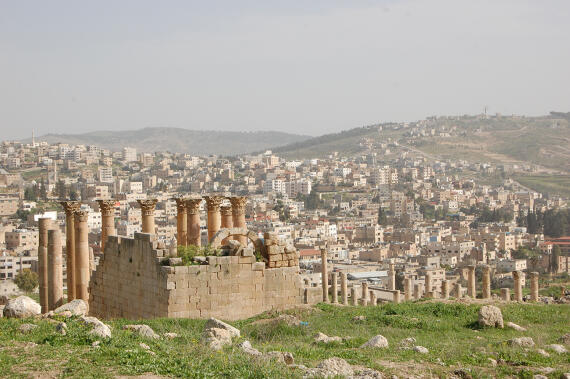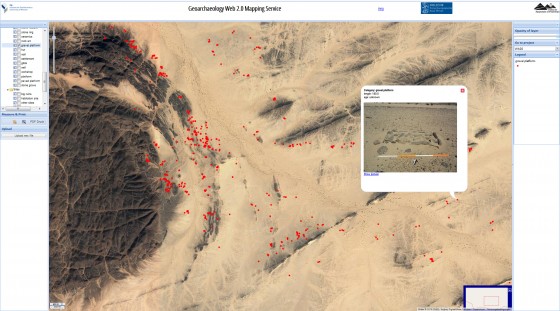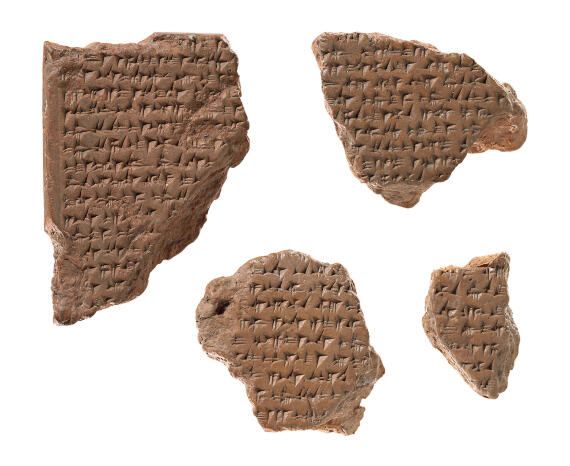Research at the GKM
Funding commitments and news
The list of research projects of the scientists networked at the GKM is long and diverse: There is a large number of third-party funded research projects, some of which are carried out individually, some in working groups and some in close cooperation with domestic and foreign university and research institutions. Among them are DFG long-term projects and a Leibniz Prize research position. You can get an impression of the research activities of our staff here:
Overview of research projects at the GKM
The Cluster of Excellence "Religion and Politics in Pre-modern and Modern Cultures", located at the University of Münster, involves many researchers who have been working together at the GKM for years. As the "Center for Ancient Culture and Religion", the GKM forms the basis of research in the field of antiquity in the Cluster of Excellence and is represented with a seat on the board.

